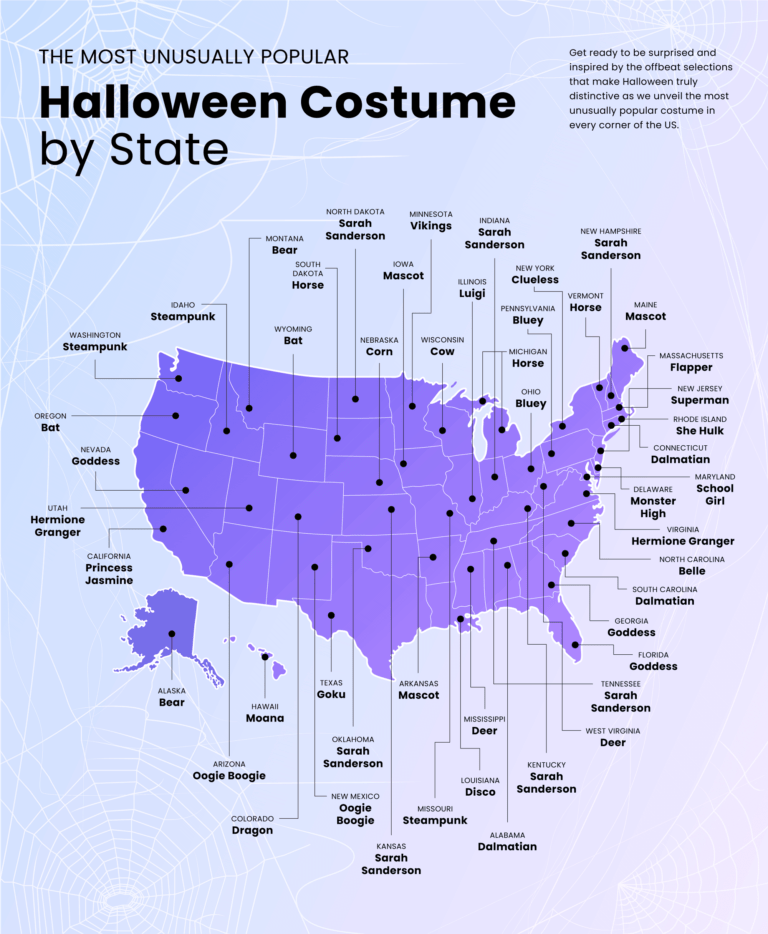Table of contents

In this post we give step-by-step instructions on how to remove your name from Google search results to improve your online presence:
1. Before you begin
2. Google search yourself
3. Delete content you have control over
4. Ask website owners to delete the content you don’t have control over
5. What to do when a site owner won’t remove your information
Whether you’re a business owner, on the hunt for a new job, or simply want to take control of your online presence, it’s likely you’ve wondered how to remove your name from Google search results.
Managing you or your business’s online reputation is important in today’s digital world. Potential employers, business partners or clients will likely search your name on Google to perform a background check, and finding any negative or irrelevant content associated with your name can result in lost opportunities.
Luckily, there is a way to remove your name from Google search results, as well as other personal content you may not want public.
1. Before you begin
Before going through the steps to remove your name from Google’s search results, it’s a good idea to acknowledge the root of the problem you’re trying to solve: the generation of searchable data.
Any and all information you put online, whether it be contact information, photos, comments on social media, blog posts, product reviews or queries on community forums, could very possibly end up in a Google search results page. Start by nipping future problems in the bud by preventing as much data as possible from spreading.
Check your privacy settings on your own websites and social network accounts to prevent them from passing your name and other personal data to third parties. The same goes for websites that you do not own, forums, or any other databases you may have joined. Going forward, make sure to take a close look at the privacy settings of the new accounts you create and set them accordingly.
2. Google search yourself
Now that you have taken the steps to prevent further information from spreading, you can focus on what’s already out there for the public to see.
Do a Google search of your name and take note of the URLs that resulted from the search, both active as well as cached pages. To access the cached results, simply locate the arrow to the right of each search result and click “Cached”.
3. Delete content you have control over
Now it’s time to erase the unwanted information from any and all web sources that you have access to.
Navigate to each URL in your Google search results page and delete the content from the pages that you own or allow you to modify. You may have an old web page that you own that has outdated or personal contact deals. Log on to your web host and either delete or modify the page with that information.
The deleted content will eventually be removed from Google’s search results. Just remember that Google can sometimes take up to a month in modifying and re-indexing some pages.
4. Ask website owners to delete the content you don’t have control over
You’ve done your due diligence and taken the time to track down and delete any page, comment, or review with your name on it that you have control over.
But what about results on a webpage that you don’t own?
You must now contact the webmaster and ask them to remove your personal information (which can include text, images and links) from the page or blocked from search engines.
To get in contact with the owner of a website, you can typically find the “Contact Us” link or an email address on their homepage. If this is not available, you can do a “Whois” search on Google to find the site owner. Simply search “whois” then the domain name of the website you wish to remove your name from. The email address of the site owner will often be listed under “Registrant Email” or “Administrative Contact”.
If the above steps fail, you can also try getting in contact with the website’s hosting company, which is also oftentimes listed in a “Whois” search.
If the host removes the information, the content will no longer appear in search results, as Google will have recrawled the page as a part of their normal indexing process. Again, the updated page may take some time to appear in Google, so don’t be alarmed if it is not immediate.
If you want to speed up the process and have confirmation that the webmaster has deleted the relevant information, you can send Google a request to remove the URL from their index via their Remove Outdated Content Tool.
5. What to do when a site owner won’t remove your information
Unfortunately, there’s not much you can do if a web host refuses to remove your name or personal information from their site.
If this is the case, you may be inclined to ask Google to remove the content from the public record, and will likely be disappointed. Google’s core product is a web search, meaning it simply indexes web pages and makes them readily available to the public. Google itself doesn’t control the data that goes on these pages. Therefore, unwanted information is only removed from their index if the web host removes it from their pages or blocks the content from search engines themselves.
There are special exceptions when Google will remove highly sensitive information even if a site owner hasn’t removed it. Some instances include the publication of a bank account or credit card number, social security number, an image of a handwritten signature, or a name that appears as a part of adult content spam.
If your name or private information falls in one of the above categories, you can get in contact with Google’s Help Center to make your removal requests.
Conclusion:
Managing your online reputation can be a rigorous process, but it’s a necessary step to protecting yourself and your business from negative backlash that can affect you and your bottom line in the future, and knowing how to remove your name from Google search results is a great place to start.
If you are still having trouble managing your online presence, you can also get in touch with a reputation management agency who specialises in boosting brand reputation. This will be especially appealing to companies who have negative results clouding Google’s top search results pages and want to showcase more positive brand stories.





